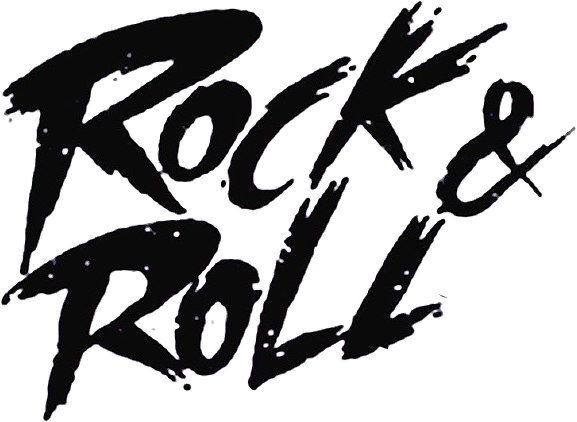Theme
Each term I will be sending home a knowledge organiser. Please encourage your child to read through it and learn some of the vocabulary linked to the topics we will be learning. This will really them to engage in the lesson and will also help you to understand more about the topic we are teaching.
Autumn 1
Our theme is… There’s no place like home
Our Key Questions are:
- What are the human and physical features of our local area?
- How have human and physical features of the landscape changed in Pendle since the 1600?
- What do you know about the Pendle Witch trials of 1612?
- We will also be able to locate Burnley on a series of maps and explain what we know about its location.

................................................................................................


Spring 1
Our theme is… Rock and Roll - The Stone Age
Our Key Question is:
-What was life like, in the Stone Age period?
- Where does the Stone Age, Bronze Age and Iron Age fit on a timeline?
- What were the main achievements of man during the Stone Age period?
- How did housing change from the Stone Age to the Iron Age?
- What were the changes in society from the Stone Age period to the Iron Age?
What does the Stone Age, Bronze Age and Iron Age fir on a timeline?

What were the main acheivements of man during the Stone Age period?


Today we went under the tables and pretended to be Stone Age people drawing in a cave. Then we swapped pictures and took the role of an archaeologist. We had to 'claim, support and question' the picture.
How did housing change from the Stone Age to the Iron Age?
What were the changes in society from the Stone Age period to the Iron Age period?

................................................................................................

Spring 2
Our theme is… Volcanoes
Our Key Questions are:
- How is the Earth structured?
- What happens at plate boundaries?
- What are the features of volcanoes?
- How do volcanoes erupt?
- Where are some of the worlds famous volcanoes located?
- What are the advantages and disadvantages of living near a volcano?
How is the Earth structured?

What happens at plate boundaries?
The Earth's crust sits ontop of the mantle. The crust is made up of seven large plates and eight small plates. These plates are called tectonic plats and they are moving a little all the time.

Watch the video to find out how the tectonic plates move
We live on the Eurasian tectonic plate. A play boundary is where two tectonic plates meet. Most volcanoes and earthquakes are found on or close to plate boundaries.
What are the features of volcanoes?

Watch the video to find out more about volcanoes

How do volcanoes erupt?

Where are some of the worlds famous volcanoes located?


What are the advantages and disadvantages of living near a volcano?
Summer 1
Our theme is… The Romans
Our Key Question is:
-What was life like, in the Roman Britain?
- What can artefacts tell us about the past?
- When and where did the Roman Empire begin and how did it grow?
- Why did the Romans invade Britain?
- Who was Boudicca and what did people think of her?
- What did the Romans do for us?
What can artefacs tell ise about the past?





When and where did the Roman Empire begin and how did it grow?

Why did the Romans invade Britain?
.JPG)
Who was Boudicca and what did people think of her?


Click on the link to find out more about Boudicca and how the Romans conqured Britain.
What did the Romans do for us?
Click on the link The Romans, to find out how the Romans changed Britain.
Don't forget.... We are holding our Roman day on Friday 9th June. We have a full day planned with lots of fun activities to finish this topic with a bang.
Roman Day
Our day focussed around the life of the Roman solider. Working in small groups we explored all of the equipment the soldiers would need to carry with them. Some of the equipment they wore, some they carried in their hands, others they attached to their body and some were attached to a pole.



We explored what a typical day would look life, from the time they got up, having shared a tent with seven other comrades, to the training and work they completed.
We had lots of fun finding out about the shields and then designing our own shields.
The Romans brought lots to Britian including the Roman numerals. It took us a little while to understand the system byt then we were a whizz! We made our on clocks with the Roman numerals before playing games using hundred squares with Roman numerals!


- - - - - - - - - - - - - - - - - - - - - - - - - - - - - - - - - - - - - - - - - - -
 Reedley Primary School
Reedley Primary School
.JPG)
.JPG)
.JPG)







.JPG)



